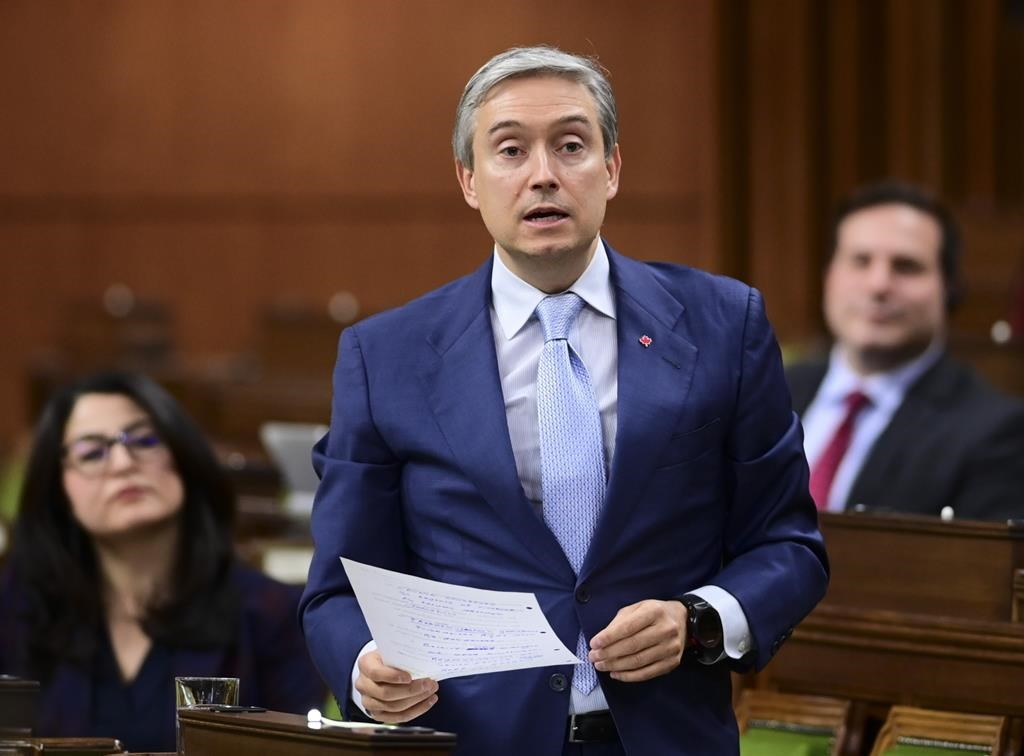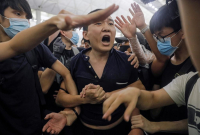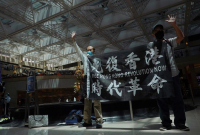Support strong Canadian climate journalism for 2025
Canada's foreign affairs minister is joining counterparts from the U.S., Britain and Australia in condemning last week's mass arrest of politicians and pro-democracy activists in Hong Kong.
Fifty-five people were arrested last week under a security law that China first imposed on the former British colony in the spring.
In a joint statement, Foreign Affairs Minister Francois-Philippe Champagne and his American, British and Australian counterparts say they had "serious concern" about the arrests.
They add that the National Security Law, which Chinese and Hong Kong authorities argue is necessary to maintain order in the city, is actually being used to crackdown on dissent and opposing political views.
The four foreign ministers go on to say the security law violates the promises China made to uphold democratic rights and freedoms in Hong Kong when it took ownership of the city back from Britain in 1997.
Most of those arrested last week had taken part in an unofficial primary for a legislative election that was later postponed.
Authorities allege the primary was part of a plot to seize control of the legislature in order to paralyze government and force the city's leader to resign.
The 55 have not been charged, and all but three have been released on bail pending further investigation. Convictions could disqualify them from running for office.
The four foreign ministers said the next legislative election should include candidates representing a range of political opinions. Only half the city's legislature is elected by popular vote.
"We call on the Hong Kong and Chinese central authorities to respect the legally guaranteed rights and freedoms of the people of Hong Kong without fear of arrest and detention," they wrote.
The statement was signed by Champagne, Marise Payne of Australia, Dominic Raab of the U.K. and Mike Pompeo of the United States.
Separately, Pompeo announced Saturday that the U.S. is voiding longstanding restrictions on how its diplomats and others have contact with their counterparts in Taiwan, a self-governing island that China says should be under its rule.
The actions on Taiwan and Hong Kong will undoubtedly anger China, which views such moves as foreign interference in its internal affairs.
The administration of U.S. President Donald Trump, which is in its final days, is also sending United Nations Ambassador Kelly Craft to Taiwan later this week. China has sharply criticized the upcoming visit, while Taiwan's government has welcomed it.
This report by The Canadian Press was first published Jan. 10, 2021.
—With files from The Associated Press.





Comments